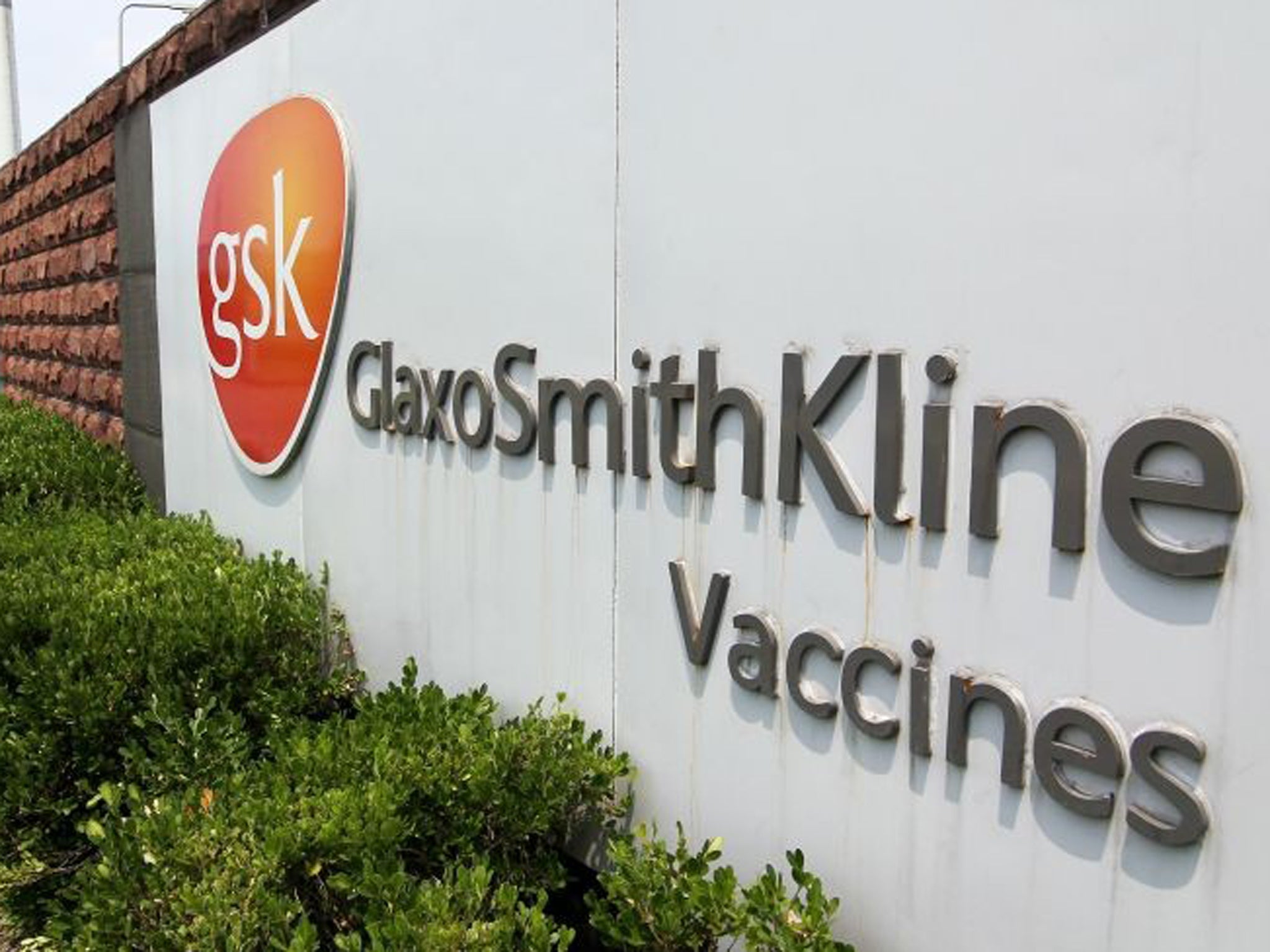Investment Insider: The heady days aren't over for drugs groups
Genetics, stem cells and consistent dividends can offset the problems of expiring patents

The further away an operation is from head office, the less control central management has over the operation. It is something, perhaps, that GlaxoSmithKline might be more mindful of in future.
However, the travails of the UK's biggest drugs company in China might provide investors with an opportunity to take a closer look at the group. The shares have enjoyed a decent run over the last two years, climbing from around 1,250p in 2011 to a recent high of 1,777p in May this year, and it is encouraging that they have only wavered a little following allegations of bribery against senior executives in the company's China office.
The bottom line is that GlaxoSmithKline is a generous dividend payer, and there is little to suggest this will stop in the near future. That might explain why the shares remain in demand. Profits this year are expected to rise around 3 per cent to almost £7bn, while the full-year dividend payout is expected to rise 7 per cent to 77p, which would suggest a dividend yield of 4.5 per cent based on the current share price of 1,715p.
AstraZeneca is now experiencing the same patent-expiry pains endured by GlaxoSmithKline in the last few years. Revenues fell around 20 per cent last year as key drugs lost their protection against generic rivals. That said, AstraZeneca is expected to keep shareholders sweet by at least maintaining its dividend. A forecast payout of 191p would equate to a yield of 5.8 per cent.
Much has been said about the pharmaceutical industry being in decline, and in a sense that's true as drugmakers cannot continue to dine out on the chemical drugs of yesteryear. However, as healthcare keeps evolving, so biologics and pharmaceuticals will gradually merge and the drug companies of the future will be involved in areas such as genetics, stem-cell science and a host of other medical technologies.
Among these companies, neither ReNeuron nor Xenetic Biosciences is currently profitable, but that is not unusual for fledgling firms at the cutting edge of science. ReNeuron, which is worth around £23m, specialises in developing stem-cell therapies in areas where medical needs have not been met. It has a treatment for stroke patients in clinical development.
Xenetic, which is worth around £26m, specialises in novel ways of delivering drugs and vaccines. It reckons that its pipeline has multi-billion-pound market potential.
The pharmaceutical sector is peppered with companies that believe they can be the next GlaxoSmithKline or Amgen. The trouble is, the risk-reward ratio when investing in small biotechnology firms can be quite high, given that only one in 15 drugs that enter clinical trials go on to make money. Conversely, the rewards can be huge for the drug that does make it through.
Investors, though, probably have as much chance of spotting the next GlaxoSmithKline as fledgling biotechs have of actually becoming one. If you want to improve your chances, investing a little in each company is one way to spread your risk.
Get a free fractional share worth up to £100.
Capital at risk.
Terms and conditions apply.
ADVERTISEMENT
Get a free fractional share worth up to £100.
Capital at risk.
Terms and conditions apply.
ADVERTISEMENT
Alternatively, stick to the big drug groups. Many have collaborated with the small biotechs, so they should at least have their finger on the pulse.
David Kuo is director of fool.co.uk
Join our commenting forum
Join thought-provoking conversations, follow other Independent readers and see their replies
Comments
Bookmark popover
Removed from bookmarks